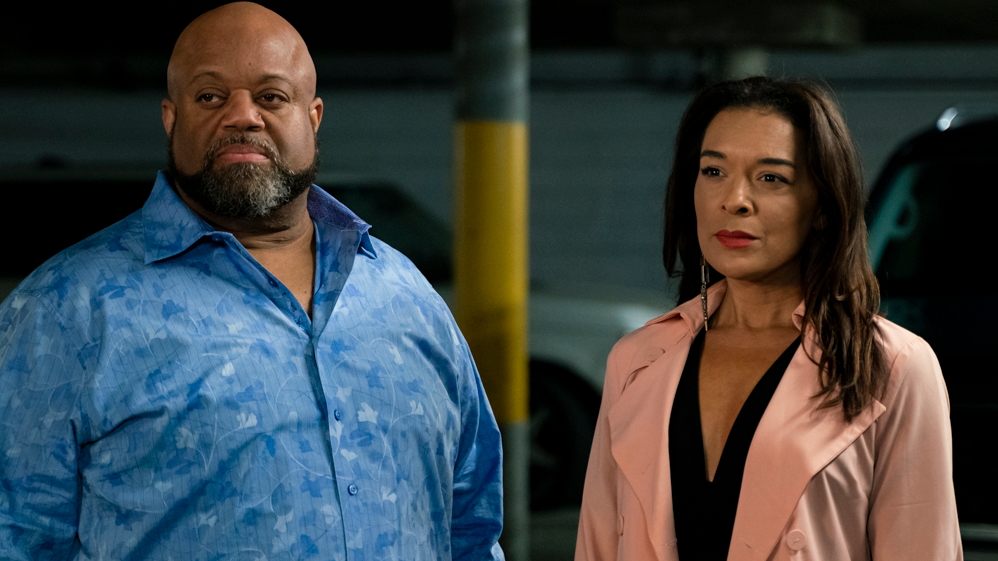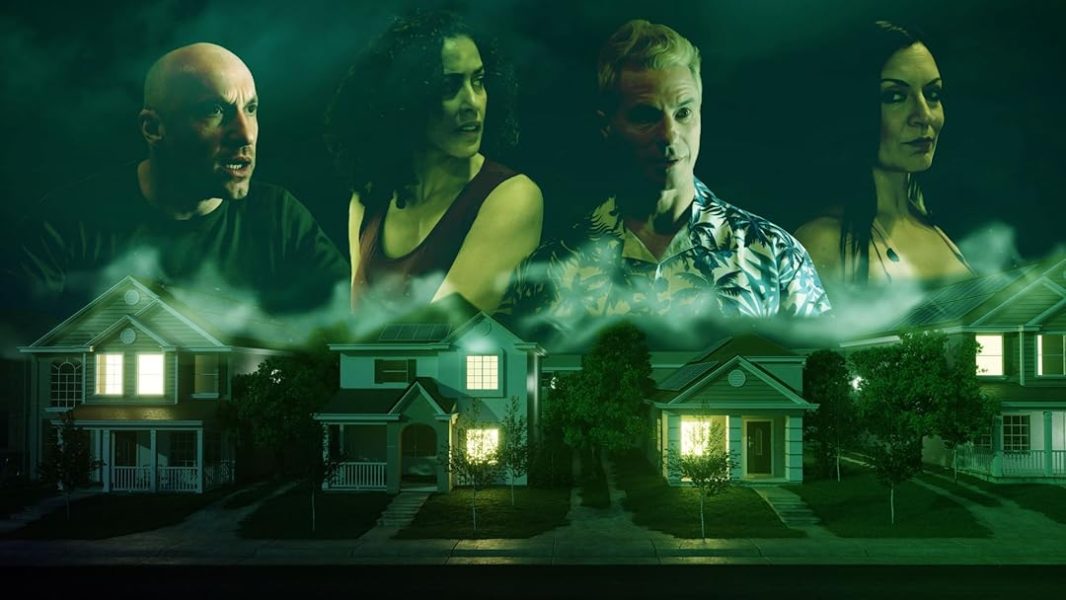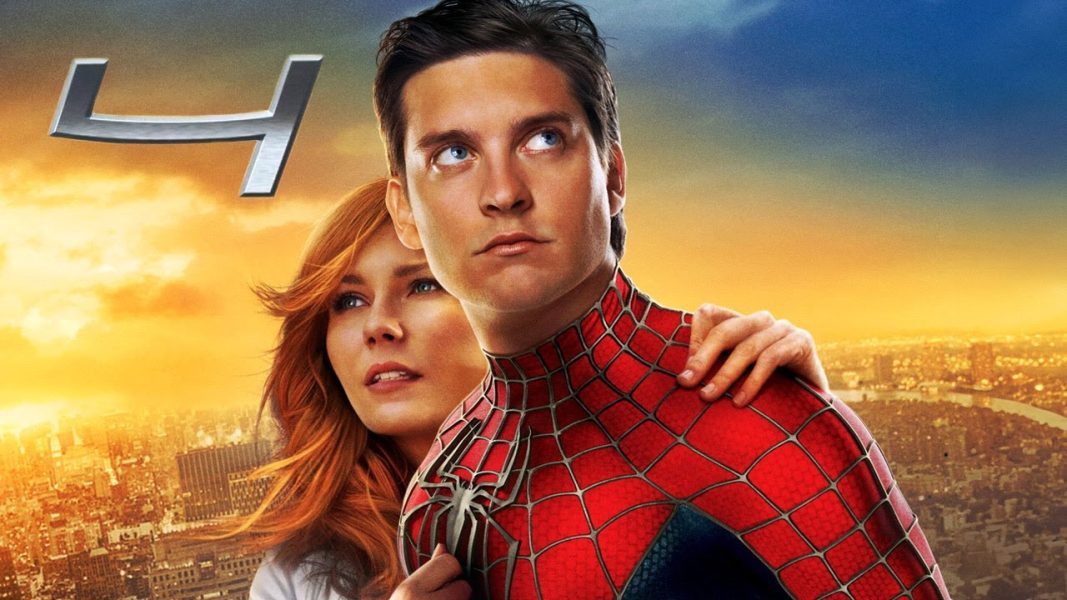$TACK$ (2021)—A Creative Short Film with a Surprise Twist

We all love seeing drug deals in film. A simple meetup and exchange of goods between two parties can go south from just one simple mishap. Throughout cinema, drug deals have developed a type of stereotype complete with cliché dialogue and scenarios. For example, we typically expect a tense environment between members of two gangs in a private location. However, what if it a film uses our knowledge of drug deals against us? $TACK$ revolves around two rivals, Hector (played by Mark Christopher Lawrence) and Reub (played by Tarnue Massaquoi), to meet up in order to exchange goods during the COVID-19 pandemic. At first, it seems like they’re making a drug deal. However, as the deal unfolds, the unexpected happens.
The film builds itself off of stereotypes of drug deals and plays on the audience’s biases and expectations when it comes to thinking what would happen. From the setting, lighting, cinematography, wardrobe, music and dialogue, we expect a drug deal between two feuding rivals. However, that simply is not the case. $TACK$ uses our expectations and stereotypes of a drug deal against us and subverts our expectations. Oftentimes in film, subverting an audience’s expectations is a very risky move as you run the gamut of ruining the viewing experience. However, when done right, subverting expectations enriches a film’s viewing experience.

Production on $TACK$ began during the early stages of the COVID-19 pandemic. Director Gerald Webb was inspired by Americans hysterically stocking up on toilet paper. Filming and principal photography lasted only nine hours and ended shortly before the official lockdowns. The film features a completely diverse cast with 67% of the cast being African-American and 33% being women. Personally, I would say that the casting helped drove the film’s message home of challenging our biases. Black people are often unfairly seen as more prone to crime than people of other races, and by showing an all-black cast doing a harmless activity masqueraded as a more sinister one really allows audiences to confront their own personal biases.
Besides directing, writing and producing the film, Gerald Webb was also responsible for writing the film’s ending song, Dropping Deuces. Using his background in rap, the song itself is catchy and funny to listen to, with lyrics that poke fun at toilet paper hoarders during the pandemic. In addition to writing the song, Webb also directed the music video which is just as outrageous and funny, perfect for a parody. The rest of the score is composed by Knappy who was in a hip-hop group with Webb back in the 1990s. Knappy himself is an acclaimed D.J. and utilizes a synth-like ambient instrumental to build tension. That tension slowly builds throughout the film until the twist is revealed at the end. If you ask me, the music lends itself as a perfect setup to the final twist.
When people think of movies, they typically expect a 1-2 hour long feature film and typically, short movies don’t get the attention and acclaim they deserve. Unlike their feature-length counterparts, short films do not have the luxury of added time to explain a theme or message. $TACK$ is a perfect example of making every minute count in a film. Not only does it use its time wisely, but it also keeps audiences engaged while getting its message across. It should come off as no surprise that $TACK$ was nominated and won numerous awards, including a nomination from the 2021 Daytime Emmy Awards for Outstanding Actor in a Lead Daytime Fiction Program.
All-in-all, $TACK$ is not only a funny parody of classic drug deals we see in cinema and TV, but it also builds on our knowledge of drug deals and uses it against us. With clever dialogue and writing, solid acting, unique music and a surprising twist, $TACK$ is a short movie that should get more attention and is one that I would recommend to all movie lovers out there.








